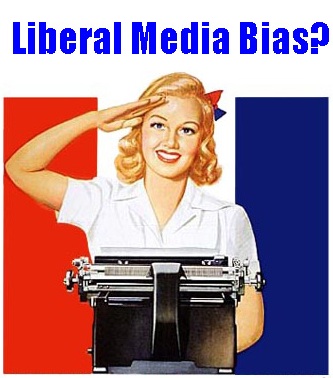Dear Los Angeles Times Editor,
In a report published on July 21, 2010, the Los Angeles Times incorrectly claimed that an article that I wrote on an August 10, 2009 National Endowment for the Arts conference call was somehow “misleading” and advanced by using a “fragmentary” portion of the conference call.

The Los Angeles Times should make it clear that the White House did not react to my article until AFTER the ENTIRE transcript and audio of the conference call was released. Only after reviewing the ENTIRE transcript and audio did the White House react by conducting new training sessions and issuing a memorandum containing new conduct guidelines for grant making agencies to prevent such a call, as reported by ABC News, “from ever happening again.”
Only after the ENTIRE transcript and audio was released, not a “fragmentary” portion, did the NEA official involved in the conference call fully resign from the agency and the chairman of the NEA issue a statement admitting that some of the comments made during the conference call were “unfortunately, not appropriate.” Also after the entire audio was released, the NEA submitted to a congressional inquiry new actions that it was taking to strengthen its ethics training.
At no time has any legitimate news organization “discredited” the story, as falsely asserted in your writer’s article. He also failed to state that the audio of the conference call was not released until after the NEA lied about its involvement with, and the content of, the conference call. Releasing the audio is an act that any writer would have done if a federal agency blatantly lied about the factual content of their article.
The Los Angeles Times‘ claim that Andrew Breitbart somehow perpetrated a “bogus attack” on the NEA is an inaccurate, sophomoric attempt at historical revisionism.
If the Los Angeles Times still retains journalistic integrity, it will either publish this response or issue a correction stating the documented fact that the White House reacted to the release of the ENTIRE transcript and audio of the National Endowment for the Arts conference call, and not some “fragmentary” portion as your writer would have your readership believe. The Times should also back up its claim of the story being “since-discredited” by citing one legitimate news organization that has successfully discredited the story – an impossibility given the response and reaction by both the White House and the NEA to the release of the full transcript and audio of the conference call.
Thanks for your consideration to this matter.
Sincerely,
Patrick Courrielche
COMMENTS
Please let us know if you're having issues with commenting.